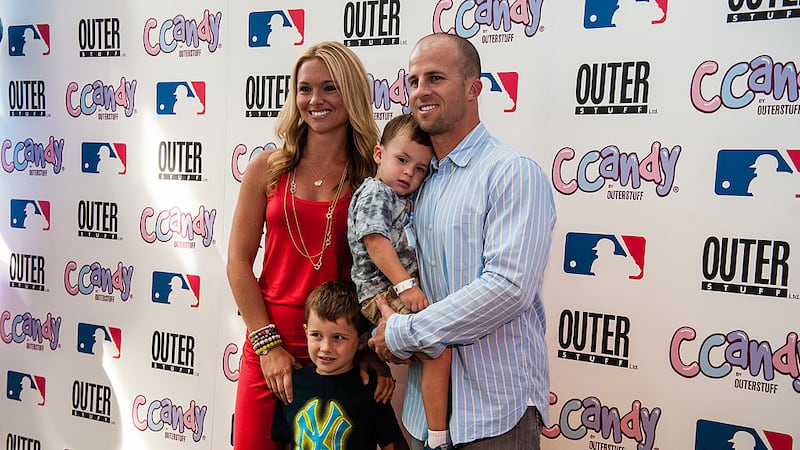BOSTON — The coronavirus, record-high unemployment, and an uncertain future has many of us struggling with our own mental health.
Boston 25 News is launching a new initiative called “Boston 25 Gets Real,” digging into issues that are impacting members of our community and introducing you to the people who are working to create change.
In this first report, Boston 25 News reporter Crystal Haynes looks at the impact of the mental health crisis on communities of color.
Boston native Toy Burton lived the crisis.
“I went into the bathroom and just took everything under the bathroom sink. Comet, bleach. Mix it all and drank it. And then after awhile, I was like, ‘Wait a minute. I don’t want to do this.’ I made it down to my neighbor’s house and told them what I did and called the ambulance.”
Where Toy Burton failed, her 23-year-old sister DeeDee, sadly succeeded years prior. DeeDee’s suicide changed Burton’s life forever.
“I was in total denial,” says Burton. “Cause like, no, she was happy, she had just moved. She had a two-year-old son. So it hit me pretty hard because he was my big sister, and she was special. Made me feel smart because I wanted to be just like her.”
Burton says DeeDee’s death sent her into a depression. Nineteen at the time, Toy says she started drinking and then moved to drugs. She says she got clean in 1986 but says it didn’t make the pain she felt go away.
“There’s so much stigma around mental illness, there’s a tremendous amount of barriers to access mental health services,” says Dr. Christine Crawford, a psychiatrist at Boston Medical Center. “Whether that’s insurance and insurance not viewing mental health reasons or mental health conditions on par with medical conditions.”
According to Mental Health America, in 2018, 58.2% of African American young adults 18-25 and 50.1% of adults 26-49 with serious mental illness did not receive treatment. Nearly 90% of black and African American people over the age of 12 with a substance use disorder did not receive treatment.
Dr. Crawford says mistrust of doctors and long-held stereotypes in the black community are serious barriers to treatment.
“That seeking out mental health treatment is something for the ‘worried well.’ That it’s a luxury to be able to meet with someone once a week to talk about the emotional struggles that you’re going through.”
Dr. Crawford says lack of representation in the mental health fields also plays a role. Only 4% of therapists in the U.S are African-American.
“When I told my family that I was going to pursue a career in psychiatry, my mother said to me, ‘Oh, I thought you were going to be a real doctor?’ So I made it my mission to go out into the community, to de-stigmatize my profession as a whole so that we can get more people into care.”
Burton has dedicated her life to fighting against stigma in her community. Her nonprofit, DeeDee’s Cry creates spaces where people can share their stories.
“Someone had asked a question like. ‘How did you get 150 to register for a mental health event?’ And I was like, ‘this is where the pain is at,’” Burton said.
If you need help, reach out to the National Alliance on Mental Illness here.
Tonight begins my 3 part series about mental health and the barriers to access in communities of color.
— Crystal Haynes (@crystalhaynes) December 8, 2020
Tuesday-Thursday at 5:30pm on @Boston25. Go in-depth about disparities in healthcare, boutique fitness, and the effect of institutional racism on black mental health. pic.twitter.com/k0cGNff7jT
Download the free Boston 25 News app for up-to-the-minute push alerts








